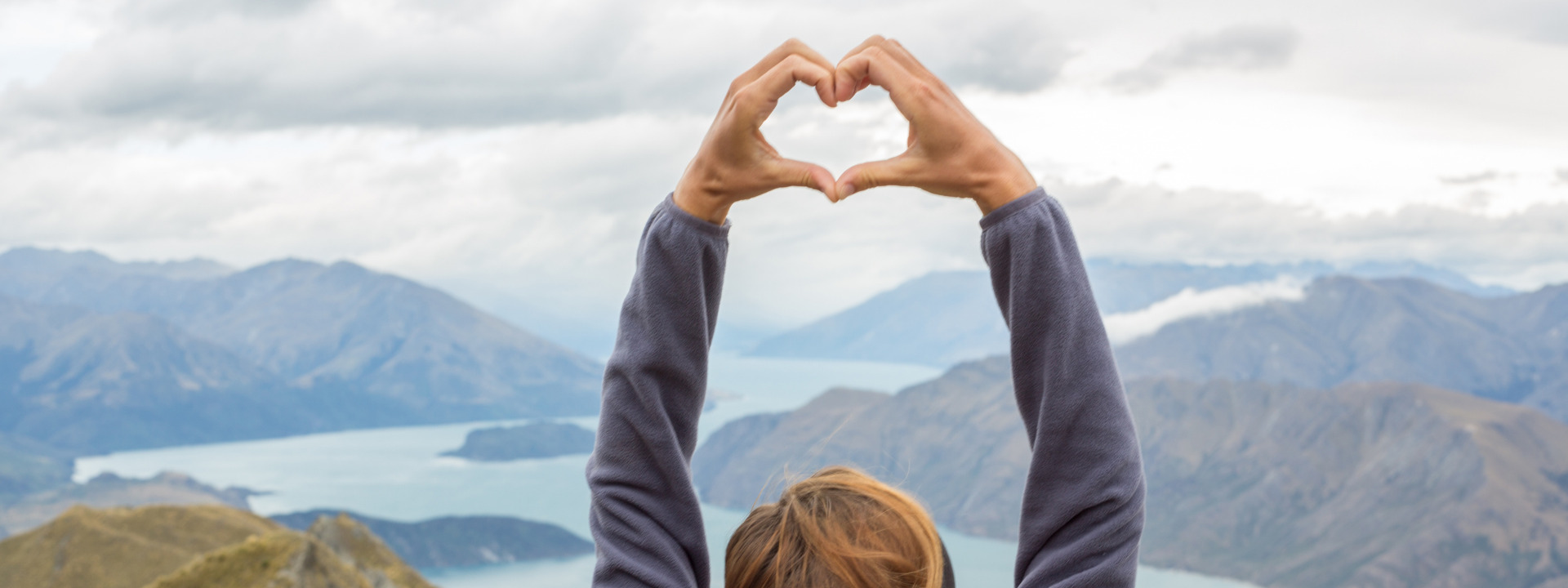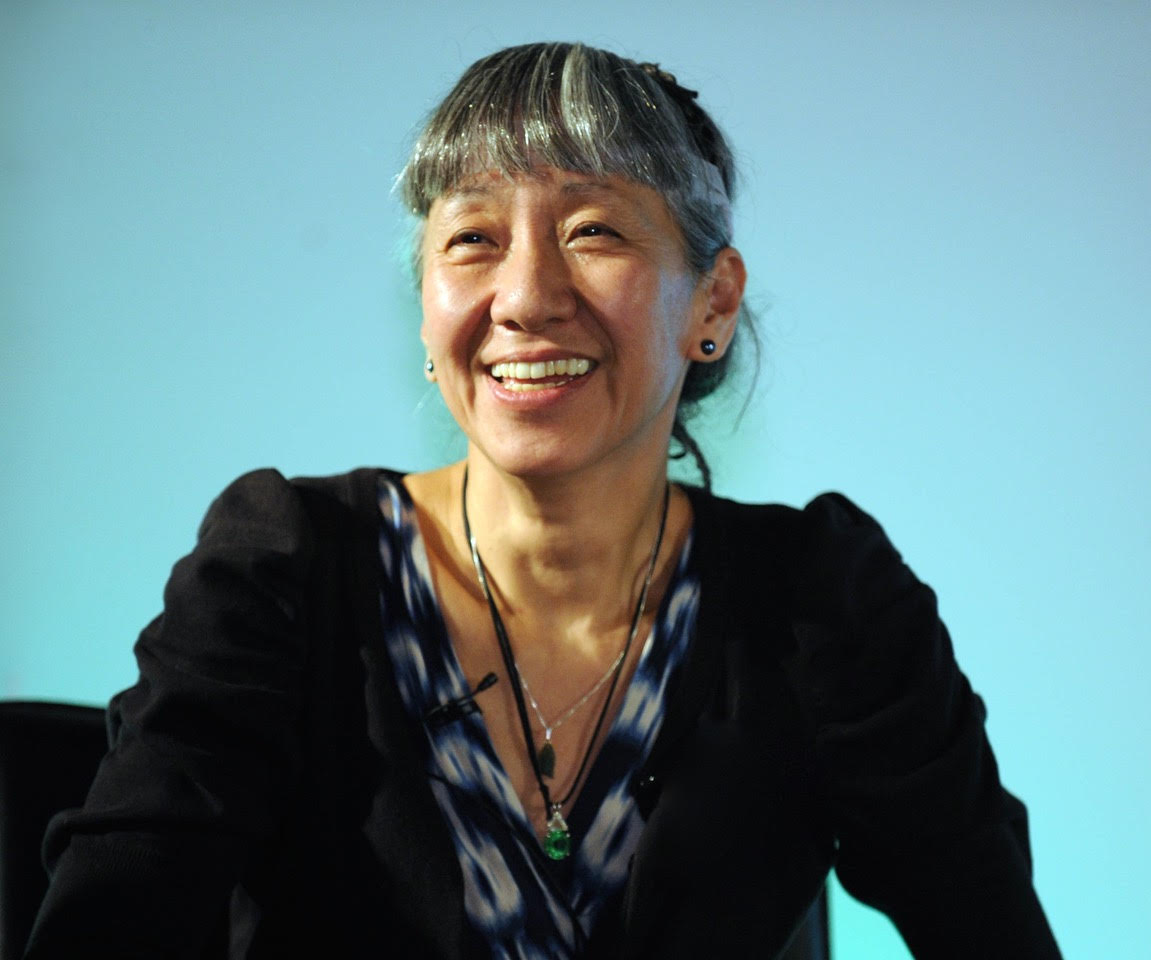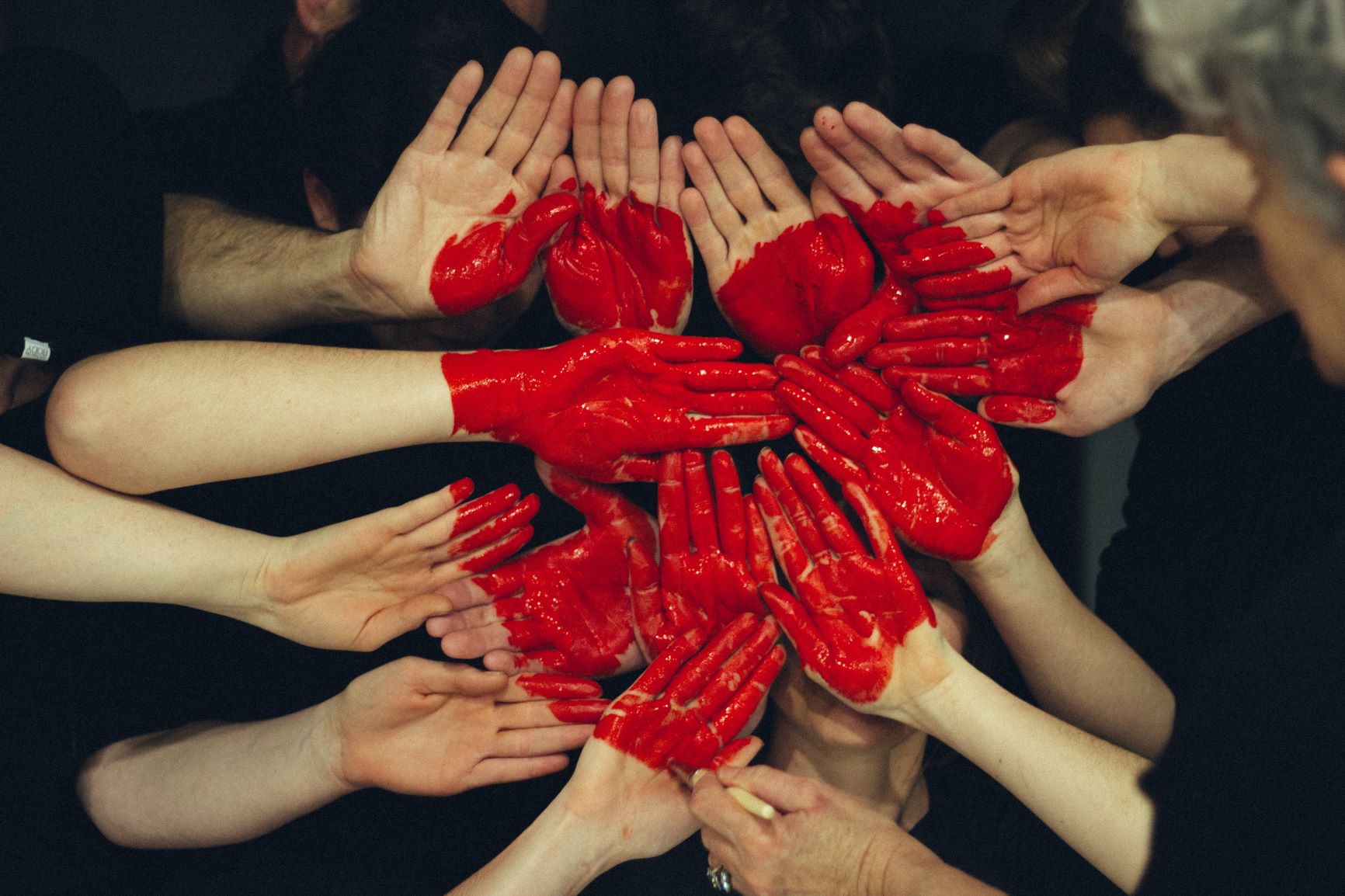
The love of the human: Interview with Judy Ling Wong
Population is a complicated and multi-faceted issue. To help ensure that we at Population Matters (PM) say and do the right things, we have an Expert Advisory Group. Among those experts is the founder of the Black Environment Network, Judy Ling Wong. In conversation with Population Matters Head of Campaigns Alistair Currie, Judy discusses how addressing our environmental challenges is about far more than facts and figures – it’s about engaging with what motivates and inspires people.
Judy came to the UK from China in 1972, and her work in community arts projects led her to become concerned about the lack of engagement by ethnic minorities in environmental activism. She helped to establish the Black Environment Network (BEN) in 1987, later becoming its director and since 2011 has been its Honorary President. In the decades since BEN was founded, she has been an articulate and forceful advocate for not just our planet, but for a human-centred, inclusive and holistic approach to protecting it. Judy was featured in this year’s BBC Woman’s Hour Power List for helping to make environmentalism more inclusive and widespread.

In our fascinating conversation, it quickly became clear that for Judy, addressing our environmental challenges is about far more than facts and figures and simple prescriptions. For her, it is about understanding underlying patterns and dynamics, and always about engaging with what motivates and inspires people.
I first asked her what sparked her involvement in environmental campaigning.
JLW: I am from China and coming to the West was actually quite a shock. I found the individualism here very difficult. So I became a community artist working with communities, asking them what they wanted to work on and surprise-surprise, the environment came up. Some people we talked to said to us, to be ethnic minority is to be environmental. You find that the poorest people are already doing things the environmental middle class want to do to save the planet, like recycling, reusing, saving things, using as little as possible.
Judy’s work with community groups and experience as an immigrant showed her how the mainstream environmental movement and people from ethnic minorities were framing the problems and solutions in different ways. While she found the environmental movement far more open to inclusion than many other sectors in the 1980s, BEN had much work to do in changing expectations.
JLW: One of the contributions is through cultural visions. For example, the West has taken the words ‘Mother Earth’ and interpreted it as something very simple, which is that the Earth feeds you so she is your mother. But if you work with ethnic minorities, you see how much more powerful and inspirational the concept is. For example, a Bangladeshi group BEN worked with in Kings Cross in the 80s wanted to grow vegetables. At the end of the project, we did the usual evaluation asking, what was the best thing about your project? What the Bangladeshi women said really blew us away:
“The best thing about this project is that our bare feet are once more upon our mother, the Earth.”
So you can see how deeply connected people are. The sense of contact is visceral, it’s spiritual, it’s emotional. People who have that kind of attitude towards the Earth cannot harm the Earth by choice. If you go back far enough, every nation – including the UK – was that close to the earth at one time.

Repeatedly, Judy returns to the theme of interconnectedness.
JLW: We all know that we connect but the huge problem is simple and basic – the inability to share. The inability to share is destroying the world. We are a world of plenty, we have technology, we have food, but we refuse to share. That is creating all our problems.
I’m interested in Population Matters because population matters need to be highlighted, and when you highlight them you see that one of the problems is poverty and inequality. Nations are so rich but they’re unable to see themselves helping the poorer nations. Meanwhile, the reason so many countries are polluting is due to providing the West with cheap goods. We refuse to pay for the process that makes them able to be environmentally friendly. If we want that, pay them! It’s as simple as that. We’re exporting and blaming others for the problems we cause.
Again, she comes back to human beings:
JLW: Any family given half a choice would like to see their children treasured, loved and given everything they want. I think the basis of population matters is that. Not just in the economically undeveloped world but in our world – we don’t talk enough about how we should treasure children. We should treasure them in such a way so that children are wanted and planned and everything they need is provided for.
That’s why organisations like Population Matters are so important. We need to highlight and make the rich countries understand that we’re all threatened and we need to share. By giving people the resources, lifting them out of inequality, concentrating on women’s health and ability to make choices, supporting them and having social attitudes that do that. If we do these things there’s a much better future for children and the planet.
The lowering of the population is so important for the climate – but completely linked to the love of people. I think that is the message that we’ve got to talk about. It’s not about control, it’s about recognising the urgency of the change, unlocking the resources that we have to the right areas and then getting what we need in order to survive.
Judy is in no doubt about the gravity of our situation and the need for urgent action but she is a positive presence with a belief in people’s ability to make changes.
“Young people have a hunger to protect the environment – let’s talk about population. They’re ready for it.”
Of those who are resistant, she stresses the importance of dialogue, listening and understanding:
JLW: You start where people are. Even if they are against you or not with you, you have to start where they are.
For me as a population campaigner, her last words were the most inspiring, beautifully articulating the positive vision that motivates all of us who work here.
“The major thing to say is that everything that Population Matters does, as I see it, is actually focussed on the love of the human being, its quality of life and its survival into the future.”
